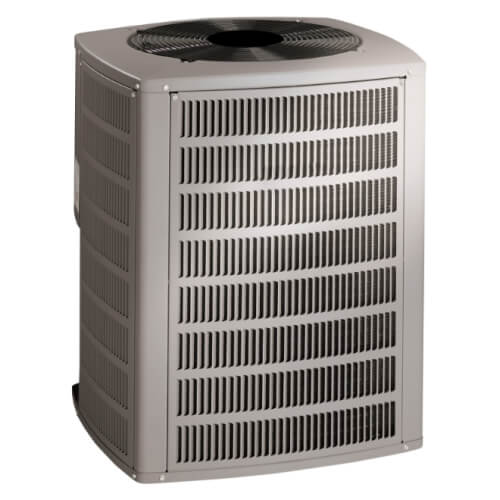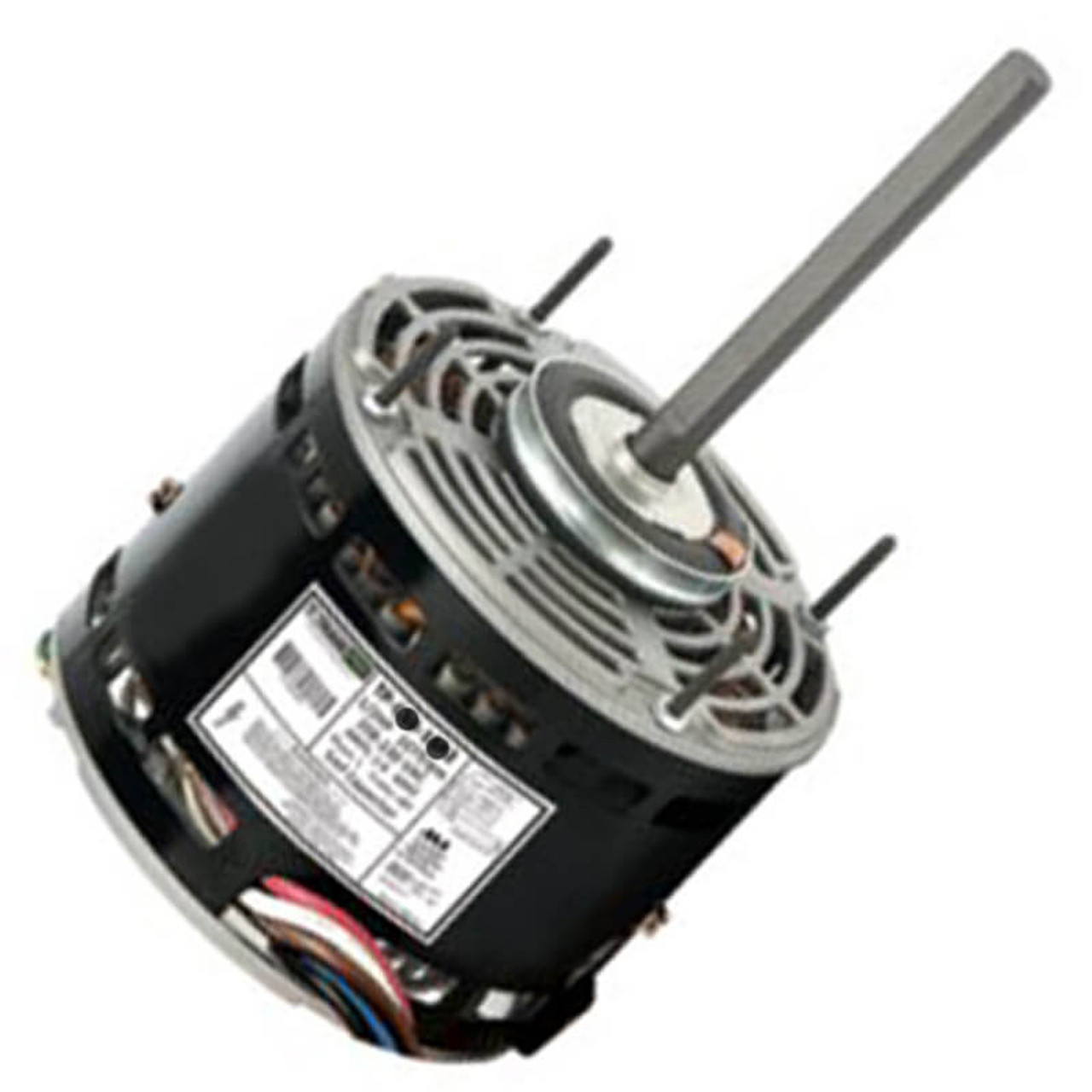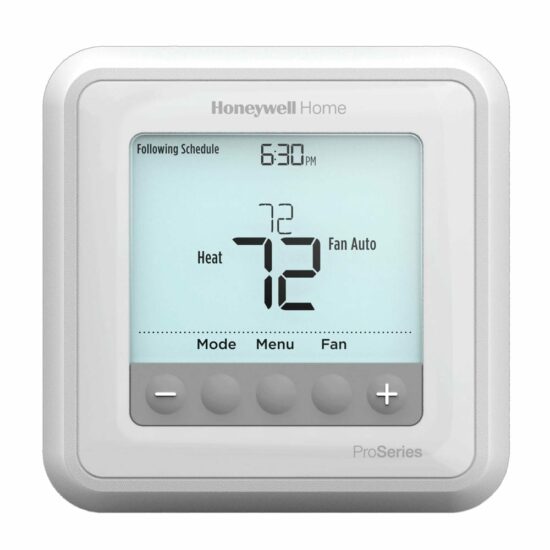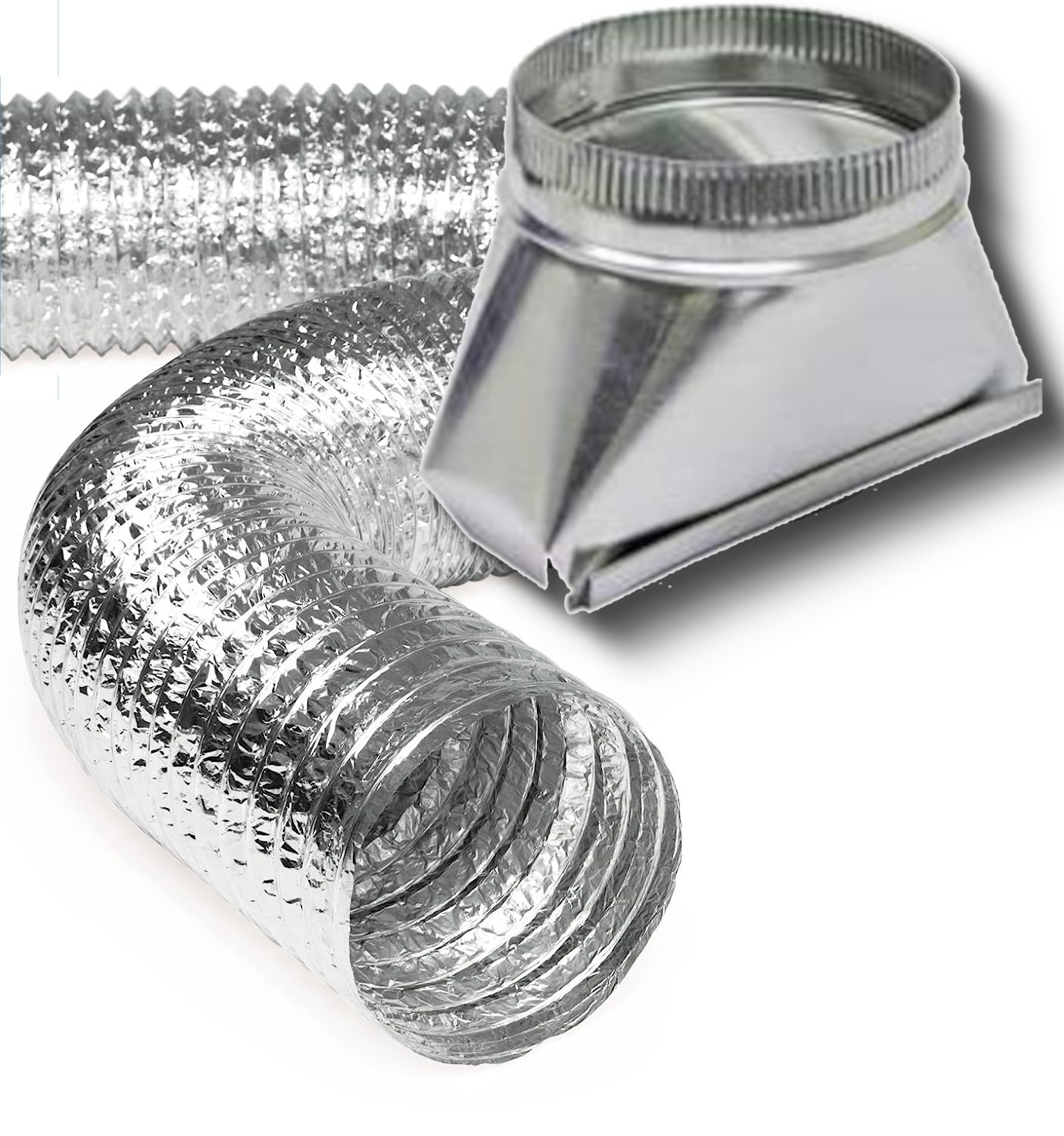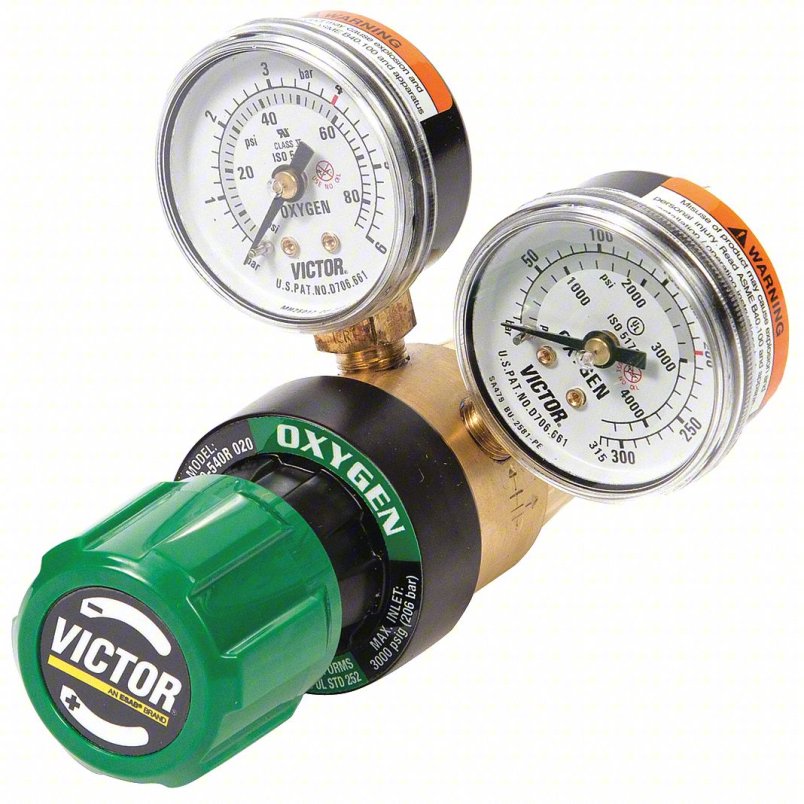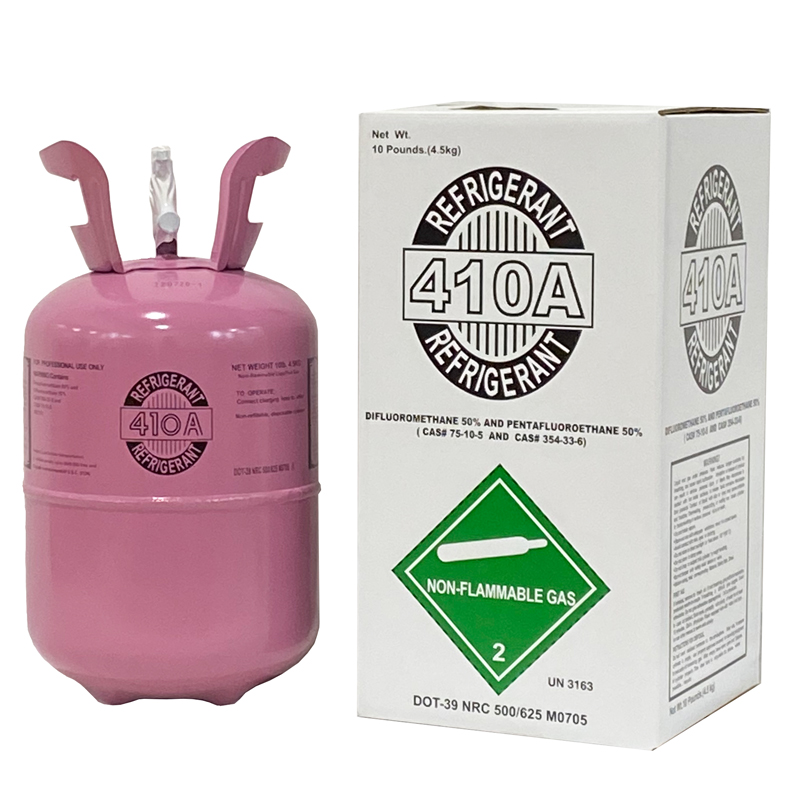Ask About our Equipment Rebate Program for Contractors
QUALITY PRODUCTS FROM
NAME BRANDS YOU CAN TRUST.
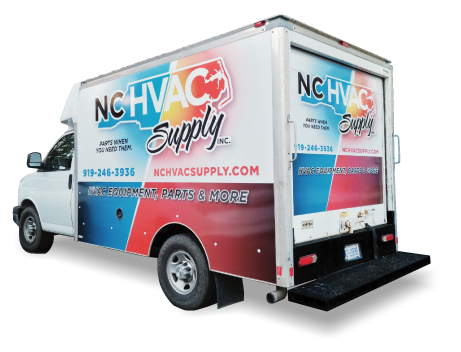

Friendly staff and a wide selection from a local supplier. You can’t go wrong!
The Ultimate Guide to Choosing the Right HVAC Parts Supplier
Discover the benefits of selecting a dependable HVAC parts supplier to enhance your HVAC operational efficiency and customer service.
Factors to Consider When Choosing an HVAC Parts Supplier
Recognizing a dependable HVAC parts supplier is a pivotal step in ensuring the longevity and efficiency of your HVAC systems. Their reliability directly impacts not only your HVAC operations but also influences the quality of your service to your own customers.
An ideal HVAC parts supplier should possess a variety of key attributes, from offering high-quality components to providing robust customer support. With methodical research and careful consideration of your specific HVAC needs, you’ll be able to find a supplier that matches your requirements.
Quality Assurance
Quality Assurance significantly influences your choice of HVAC parts supplier. It ensures that the parts you receive endure rigorous testing for safety and functionality, providing a reliable solution for HVAC maintenance and repair.
- Ensures highest product safety standards
- Guarantees reliability and longevity of parts
- Provides peace of mind knowing parts are thoroughly tested
- Reduces risk of product malfunction or failure
Product Range
A diverse product range is an essential aspect when selecting an HVAC parts supplier. This element can wield significant influence over your decision, given the potential advantages and challenges it presents.
- Advantage: Greater selection for specific needs.
- Advantage: Standby options in case primary choices are unavailable.
- Advantage: Opportunities for discounts through bulk purchases.
- Challenge: Potential for confusion due to large selection.
- Challenge: May require deeper research to select suitable parts.
Availability and Delivery Options
In optimizing HVAC operations, parts availability and delivery options significantly contribute to efficiency. Ensuring your HVAC components are readily accessible when you need them is instrumental.
- Access to nationwide and international delivery options
- Availability of expedited shipping for emergency repairs
- Option for regular supply shipments for ongoing maintenance needs
- Convenient online tracking of supplied parts
- Partner suppliers with robust logistic capabilities
Customer Support
The impact of customer support on your HVAC operations cannot be overstated — from determining the right parts, handling orders, or addressing issues, a responsive and knowledgeable support team is critical.
- Quick response time to queries and requests
- Availability outside of standard business hours
- Provision of technical support
- Assistance with parts identification and selection
- Helpful in handling returns or warranty claims
- Supportive during emergencies
Determining Your Specific HVAC Parts Needs
Accurate identification of heating, ventilation, and air conditioning (HVAC) parts plays a pivotal role in enhancing the efficiency of your system. Impeccable parts choice ensures optimal operation, mitigates any potential issues and prolongs the life of your HVAC unit.
Proper selection of HVAC parts customized to your needs drastically reduces system malfunctions, ensuring sustainable performance and greater comfort.
The functionality of your HVAC system is bolstered by the selection of specific parts designed to meet your unique requirements. A conscious selection, based on compatibility and specification analysis, can significantly reduce malfunctions, contributing to sustainable system performance and enhanced comfort.
Identifying the Parts You Require
The first step in the quest for the perfect HVAC parts supplier is identifying the precise components you require. Without this knowledge, even the best supplier selections will be futile.
- Excelling in Your HVAC Operations: The Essential Components Identification Guide
- Decoding HVAC Nomenclature: A Comprehensive Guide to Identifying the Parts You Need
Understanding Compatibility and Specifications
Compatibility is paramount in the HVAC parts selection process. Being sure that the part you’re buying will fit and function properly with your existing system can minimize potential downtime and unnecessary expenses. Keeping this in mind can help you avoid costly mistakes and return shipping fees.
Understanding the exact specifications of a part is critical for smooth HVAC operations. Never hesitate to ask the supplier for all technical details. A small misunderstanding or oversight relating to product dimensions, electrical requirements, or material resistances may lead to larger issues down the line.
It’s also crucial to remember that HVAC parts with similar functions might have different specifications based on their make and model. This is especially true for OEM (Original Equipment Manufacturer) parts vs. aftermarket alternatives. Perform a thorough analysis before purchase.
An HVAC parts supplier should be able to clearly explain the compatibility and specifications of each product. If the supplier is unable to do so, this might be a red flag. The supplier’s knowledge-base is a key indicator of their credibility.
Finally, although reading the manual or user guide can be exhaustive, it often gives valuable insights about compatibility and specifications. This proactive step could save you time, money, and the inconvenience of a mismatched or ill-functioning part later on.
Considering OEM vs. Aftermarket Parts
Striking the right balance between Original Equipment Manufacturer (OEM) and aftermarket HVAC parts is crucial. OEM parts ensure quality and compatibility, while aftermarket parts offer cost-effectiveness and wider availability.
As you weigh your choices, it’s imperative to understand the pros and cons of both OEM and aftermarket HVAC parts. While OEM parts are known for their exact fit and lasting durability, aftermarket parts can offer greater savings and variety, but may compromise quality and compatibility in some cases.
Researching Potential HVAC Parts Suppliers
Fostering HVAC excellence indeed requires careful selection of parts suppliers, with research as the critical first step. A thorough online search combined with careful review of customer feedback can reveal valuable insights about potential suppliers.
Moving into a partnership with an HVAC parts supplier is not a decision to take lightly. From seeking recommendations to verifying credentials and asking for references, each step plays a vital role in ensuring the best fit for your needs.
Online Search and Reviews
Leverage the power of the internet when hunting for a reliable HVAC parts supplier. A simple web search can reveal valuable insights about their track record and reputation. Online feedback and discussion forums are critical resources that can help gauge a supplier’s credibility.
Individual suppliers’ online footprints play an integral role in assessing their credibility. Look for common themes in reviews, both praise, and criticism. These extend from the quality and variety of parts supplied to their customer service experience.
Online reviews are a rich source of information when evaluating HVAC parts suppliers. They’re like digital word-of-mouth referrals. A supplier with a slew of positive feedback is likely to deliver quality parts and a satisfying customer experience.
Asking for Recommendations
Leverage recommendations to enhance industry insights and make informed decisions. The perspectives you gain from industry peers can guide you to reliable HVAC parts suppliers and save you the trouble of an unfit selection.
Benefit from the experiences of others in your field, turning their insights into your gains when choosing an HVAC parts supplier. Personal recommendations often provide unique, real-world views of supplier performance from those who’ve been there before.
Take heed of recommendations to avoid supplier pitfalls and to guarantee value for your money. After all, a recommendation is a vouch for quality, service, and reliability, which are fundamental in selecting an HVAC parts supplier.
Checking Supplier Credentials
It is integral to thoroughly scrutinize the HVAC supplier’s credentials to guarantee their legitimacy. Not only does this ensure legal operations but also guarantees reliability and professional standards upheld.
Supplier’s credentials also convey their adherence to industry regulations. Suppliers compliant with industry standards indicate their commitment to quality and safety as they pertain to HVAC operations.
Credentials play a crucial role behind the scenes, impacting the efficiency of your HVAC operations. Well-credentialed suppliers yield not only quality parts, but also efficient service and timely support.
A supplier’s certifications and licenses reflect their level of industry knowledge. Experts in the field can provide precise components, contributing markedly to optimal HVAC performance.
In-depth understanding of suppliers’ credentials thereby affects your HVAC operations. A reliable parts supplier nurtures HVAC systems’ durability and longevity, enhancing overall functionality.
Requesting References
References from a potential HVAC parts supplier can significantly bolster your confidence in your procurement process. Reliable references reflect the supplier’s history of satisfying customers’ needs, providing a practical guide for your decision-making.
Supplier references serve as a vital reality check in your decision process. They offer an unfiltered snapshot of the supplier’s reliability, performance, and commitment to customer service, augmenting your assessments with insights not readily visible in plain sight.
Don’t overlook the value that references bring to your supplier selection process. Their inherent truth and practicality could make all the difference when it comes to finding the right HVAC parts supplier to meet your specific needs.
Comparing Pricing and Payment Options
Demystifying the bewildering world of HVAC pricing needs a strategic comparative study. It’s crucial to request detailed quotations from various parts suppliers to ensure you get your money’s worth and enjoy substantial savings.
Unearthing the financial flexibility offered by different HVAC parts suppliers will shed light on their respective strengths. An in-depth look at payment terms and options can help identify the supplier who best meets your financial constraints and cash flow needs.
Getting Detailed Quotes
In HVAC parts quotations, expect detailed breakdown of part prices, shipping costs, taxes, and other applicable charges. This transparency not only promotes trust but provides a precise budgeting tool.
A detailed quote provides a means to fine-tune your supplies. Scrutinizing individual cost elements can reveal opportunities to minimize spending.
Don’t shy away from seeking multiple quotes. Compare similarly itemized invoices to ensure getting the best value for your money.
A comprehensive quote offers more than just prices. It provides insights into a supplier’s professionalism, commitment to delivering value, and willingness to cultivate strong business partnerships.
Always clarify any ambiguities in the quotes. This way, you ensure that the supplier fully understands your needs and you foster solid communication from the get-go.
Considering Payment Terms and Options
When evaluating HVAC parts suppliers and considering financial practicality, understanding their payment terms and options is crucial. Suppliers with flexible payment terms, including installments or credit, present an advantage in managing your cash flow.
Particularly for businesses in the HVAC industry, streamlined operations demand flexible payment options. Suppliers providing versatile payment avenues, like credit card, bank transfer, or PayPal, enhance transaction efficiency.
Flexible payment options not only help manage immediate financial obligations but also pave the way for strong vendor relationships. It’s worth noting that a supplier’s willingness to accommodate different payment options is often an indication of customer-focused service.
Evaluating Supplier’s Warranty and Return Policy
Safeguarding your HVAC investments requires keen examination of the supplier’s warranty and return policies. A sound policy offers protection against defective parts, extending the lifespan of your HVAC system.
Reliable warranty and return policies can significantly influence the efficiency of HVAC systems. A supplier offering excellent warranties and hassle-free returns demonstrates a commitment to product quality, ensuring your HVAC system operates optimally.
- Check for comprehensive warranty coverage on HVAC parts.
- Look for hassle-free return processes.
- Verify the practical terms and duration of the warranty.
- Determine if the return policy covers a satisfactory timeline.
- Evaluate if defective parts are replaced or repaired under warranty.
- Assess if restocking fees apply during return processes.
Assessing Supplier’s Industry Experience and Reputation
Credibility shouldn’t be compromised when choosing an HVAC parts supplier. Assessing a potential supplier’s industry experience provides insight into their ability to consistently meet your HVAC operations’ unique needs. Experienced suppliers often have proven track records, meaning they’ve faced and overcome various challenges within the industry.
Moreover, a supplier’s reputation speaks volumes about their commitment to customer satisfaction. A good reputation indicates the company values establishing trust with their clients, which is a critical factor when selecting your HVAC parts supplier.
- Long-standing industry experience
- Proven track record
- Ability to consistently meet HVAC operational needs
- Positive customer reviews demonstrating a good reputation
- Evidence of a commitment to customer satisfaction
Considering Supplier’s Location and Logistics
A supplier’s geographic location and logistic capabilities are crucial determinants in the prompt and accurate delivery of your HVAC parts. These significantly influence not only transit times and shipment costs, but also the efficiency and reliability of your HVAC operations.
- Transit Times: Proximity to a supplier might guarantee quicker delivery times.
- Freight Costs: Geographical distance could affect shipping charges.
- Availability of Parts: Suppliers with superior logistics often have continuous parts availability.
- Operational Efficiency: Seamless logistical procedures can lead to fewer errors and reduced operational delays.

